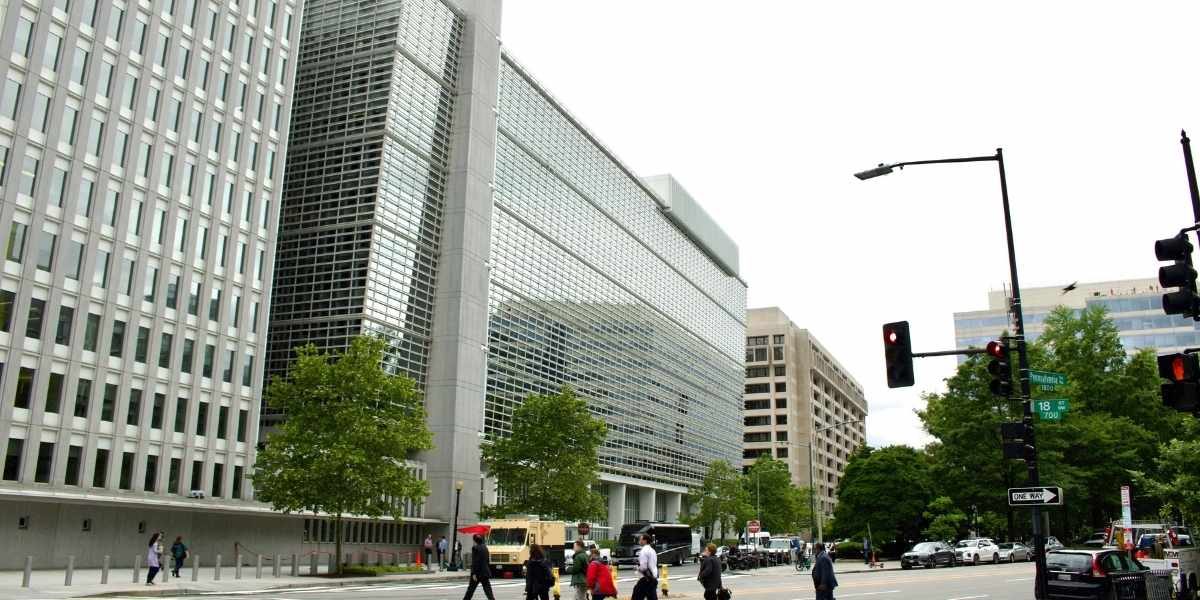Economic growth is a fundamental force that drives progress and development in societies around the world. It refers to the sustained increase in a country’s ability to produce goods and services over time. This growth leads to more resources and products, ultimately supporting the needs of the population. Over the years, economic growth has transformed societies, improved living standards, reduced poverty, and shaped the global power dynamics of nations.
Read Also: The Symbiotic Relationship Between Business and Science
Why is Economic Growth Important?
Economic growth is crucial not only for increasing the production of goods and services but also for improving the quality of life for individuals. It brings about various positive changes that benefit society as a whole:
Enhanced Living Standards
As economies grow, people gain access to better goods, services, and opportunities. This leads to improved healthcare, education, and overall well-being, offering individuals more chances for personal development and leisure.
Reduction in Poverty
Sustained economic growth is one of the most effective ways to reduce poverty. When an economy grows, more jobs are created, wages increase, and resources become available to address the social challenges faced by communities.
Technological Innovation
Economic growth encourages investments in research and development, which fuels technological advancements. These innovations lead to greater efficiency, the creation of new industries, and solutions to complex problems, including those in healthcare, energy, and transportation.
Social Stability
When economic opportunities expand, optimism and social mobility increase. This positive environment fosters unity, reduces social tensions, and contributes to greater political stability within nations.
Global Influence
Nations with strong economies have more resources to influence global diplomacy, trade, and international cooperation, thereby enhancing their presence and power on the world stage.
How is Economic Growth Measured?
The most common way to measure economic growth is through Gross Domestic Product (GDP). GDP represents the total value of all goods and services produced within a country during a specified period, typically a year or a quarter. Economic growth is often shown as a percentage change in real GDP, which is adjusted for inflation to provide a more accurate comparison over time.
Key Drivers of Economic Growth
Economic growth results from a variety of interconnected factors. Understanding these drivers helps explain how economies expand and maintain their growth:
Human Capital
A skilled, educated workforce is essential for driving productivity and fostering innovation. Investments in education and workforce development increase a country’s ability to produce high-quality goods and services.
Physical Capital
Infrastructure, machinery, and technology investments are critical for expanding an economy’s capacity to produce efficiently and sustainably, boosting overall productivity.
Natural Resources
Access to natural resources, including land, energy, and raw materials, is necessary for industries to operate and grow. Countries rich in natural resources can support diverse economic activities.
Technological Advancements
Innovation plays a key role in economic growth. Technological breakthroughs lead to more efficient production methods, the creation of new industries, and improved services.
Institutional Quality
A stable and efficient institutional framework—such as a solid legal system, property rights protections, and reliable financial institutions—creates an environment where businesses and investments can thrive.
Trade
International trade allows countries to specialize in what they do best, access a broader range of resources, and expand markets for their goods and services, driving further economic growth.
Government Policy
Policies that encourage free markets, fiscal responsibility, and investments in infrastructure and education provide a solid foundation for long-term growth and economic stability.
Challenges to Sustained Economic Growth
While economic growth brings numerous benefits, it is also accompanied by challenges that can hinder progress:
Income Inequality
Economic growth can lead to greater inequality when the benefits of growth are not evenly distributed. High levels of income inequality can limit opportunities for large segments of the population, which may reduce overall productivity and social cohesion.
Environmental Impact
Economic growth often comes with negative environmental consequences, such as pollution, resource depletion, and climate change. Balancing growth with sustainability is a key challenge for future development.
Political Instability
Corruption, weak governance, and political unrest can undermine investor confidence, disrupting economic activity and hindering growth. Stable governance is essential for long-term prosperity.
Productivity Slowdown
In some developed countries, the pace of technological innovation has slowed, leading to reduced productivity gains and slower overall economic growth.
Global Economic Shocks
Events like financial crises, pandemics, or trade conflicts can disrupt supply chains and lead to recessions, impacting economies around the world.
Future Outlook for Economic Growth
Looking ahead, several emerging trends are shaping the future of economic growth. Understanding these trends is crucial for ensuring that growth remains sustainable and inclusive:
Sustainability
As the world faces growing environmental challenges, decoupling economic growth from environmental damage is essential. Innovations in clean energy, sustainable agriculture, and resource management will be key to achieving growth while minimizing ecological impact.
Technology and Automation
Advancements in artificial intelligence, robotics, and automation are transforming industries. While these technologies can drive economic growth, they also present challenges related to job displacement and wealth inequality.
Globalization and Shifts in Economic Power
The rise of emerging economies and changing trade dynamics are reshaping the global economic landscape. To remain competitive, countries must adapt to these shifts and embrace new opportunities for growth.
Read Also: Refresh Your Home and Garden This Summer
Economic Growth: A Force for Positive Change
Economic growth has the potential to improve living standards and reduce poverty worldwide. However, growth alone is not enough. Managing growth effectively is just as important to ensure it benefits all sectors of society. Inclusive growth that addresses inequality and prioritizes environmental sustainability will help create a future where the gains from economic growth are shared more equitably.
As the world faces challenges like income inequality, climate change, and geopolitical shifts, well-informed policies and a focus on innovation will be essential for achieving balanced and resilient economic growth. Ultimately, economic growth remains a key driver of progress, and its future lies in how it is managed for the benefit of future generations.






